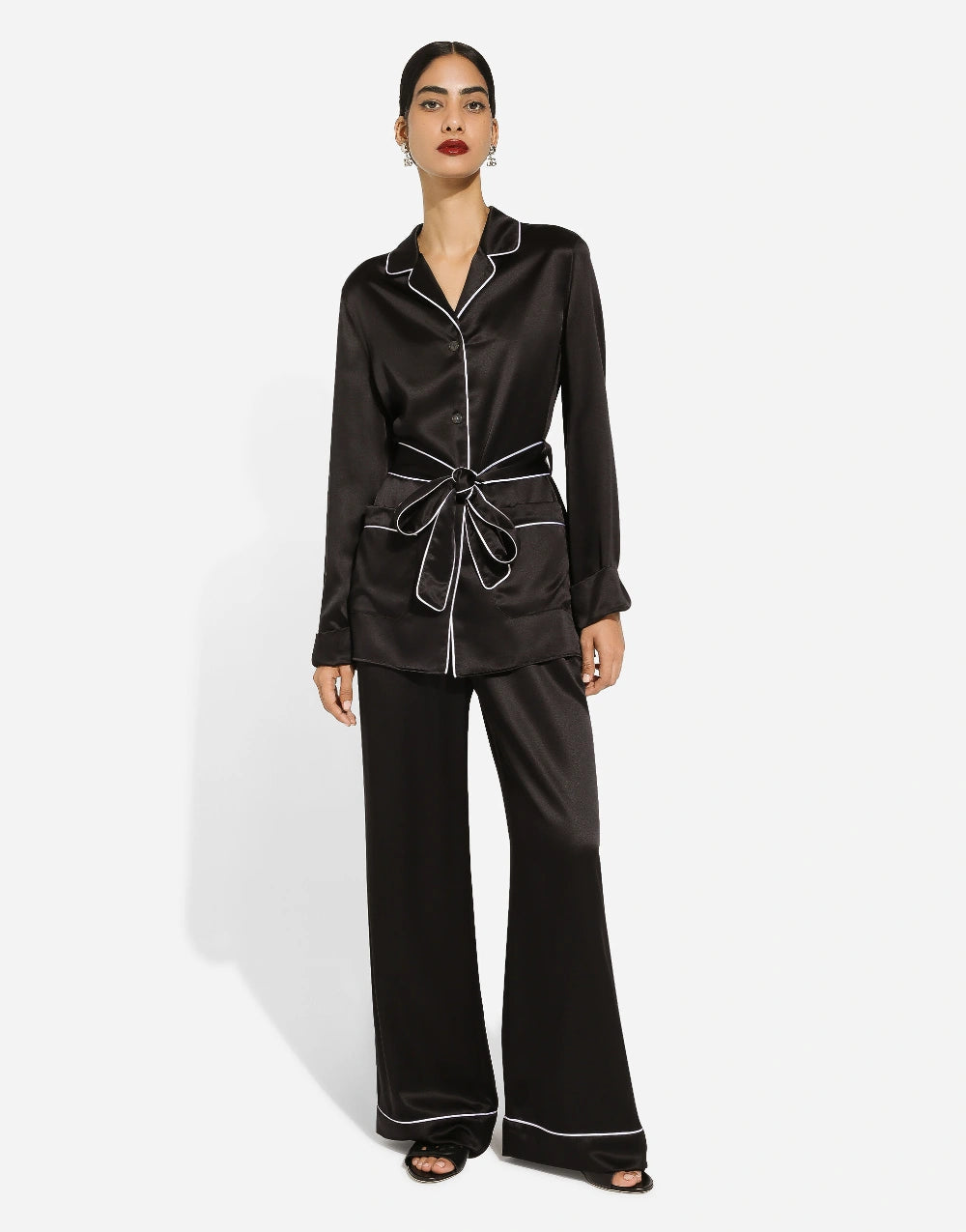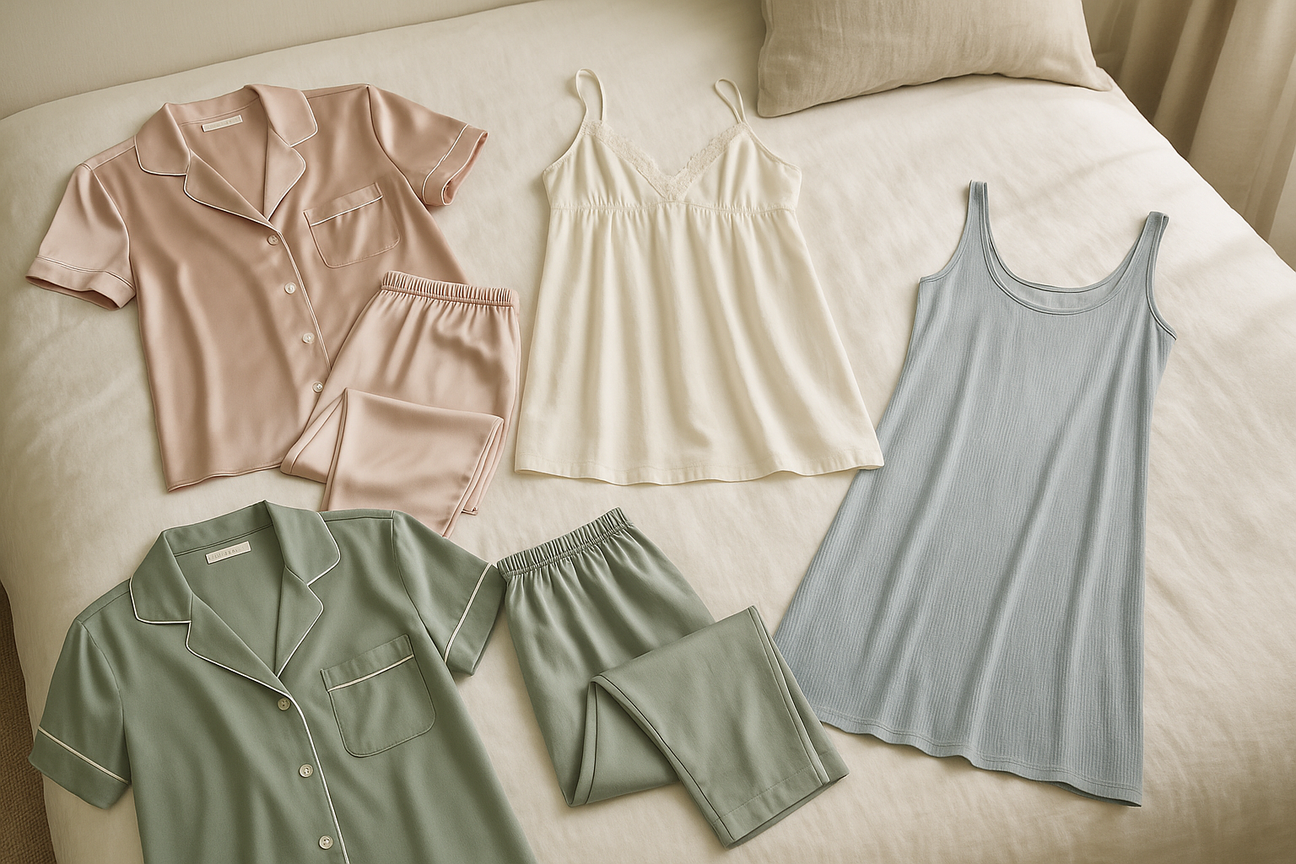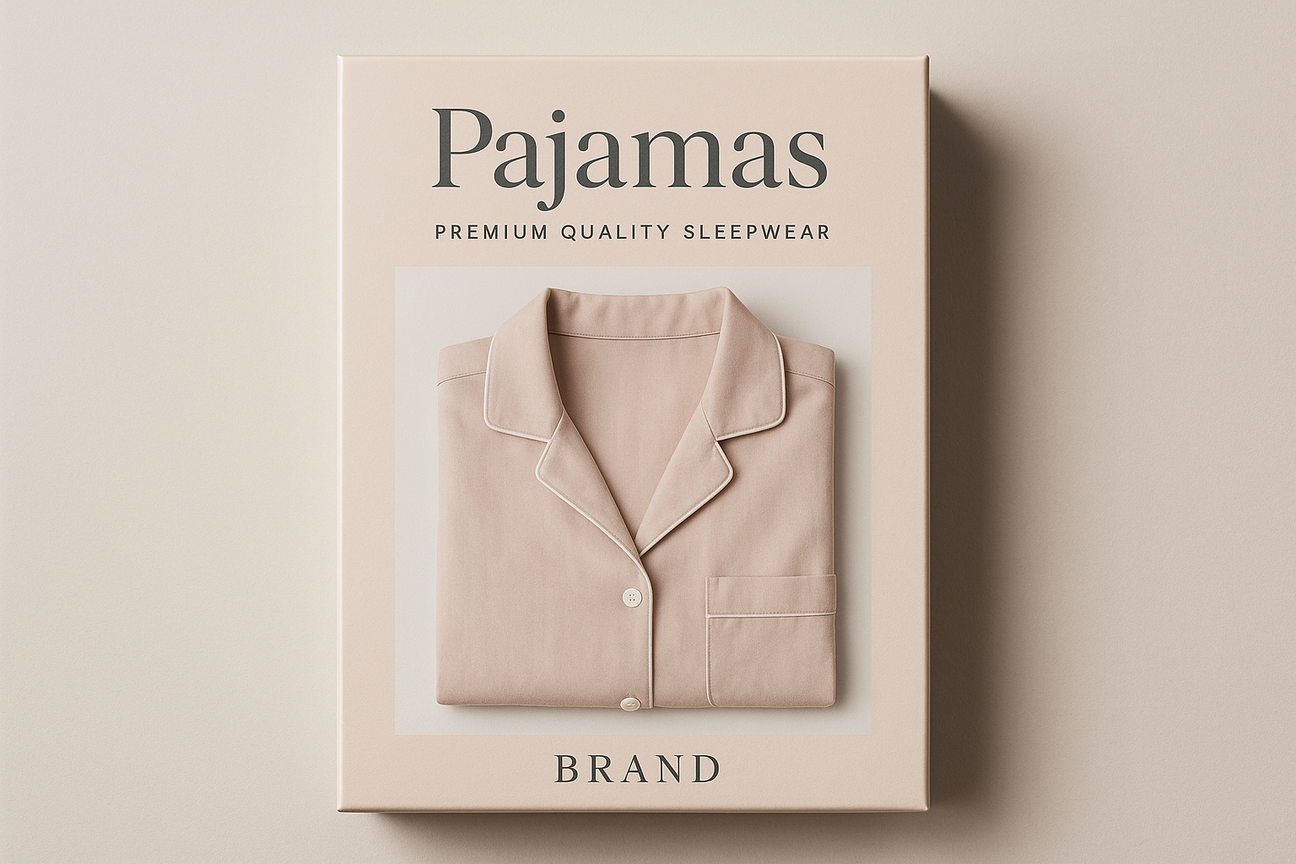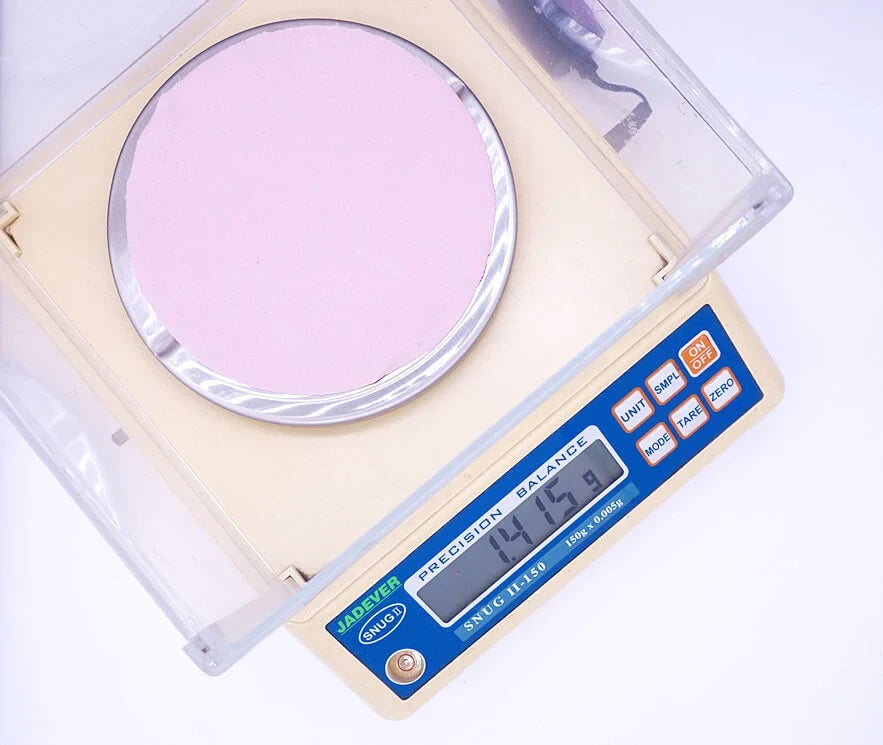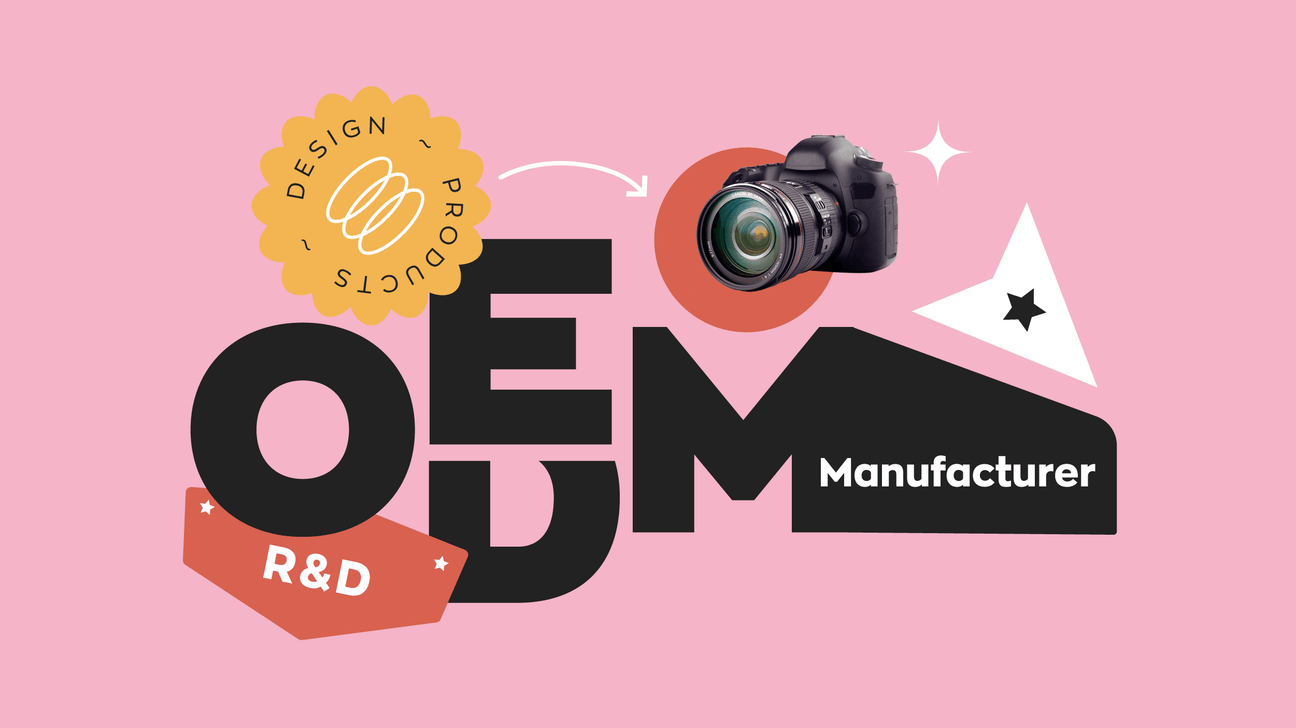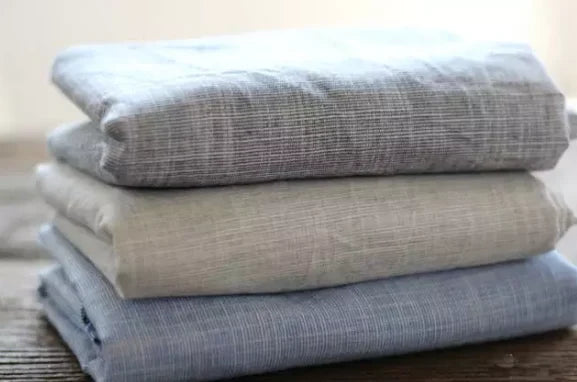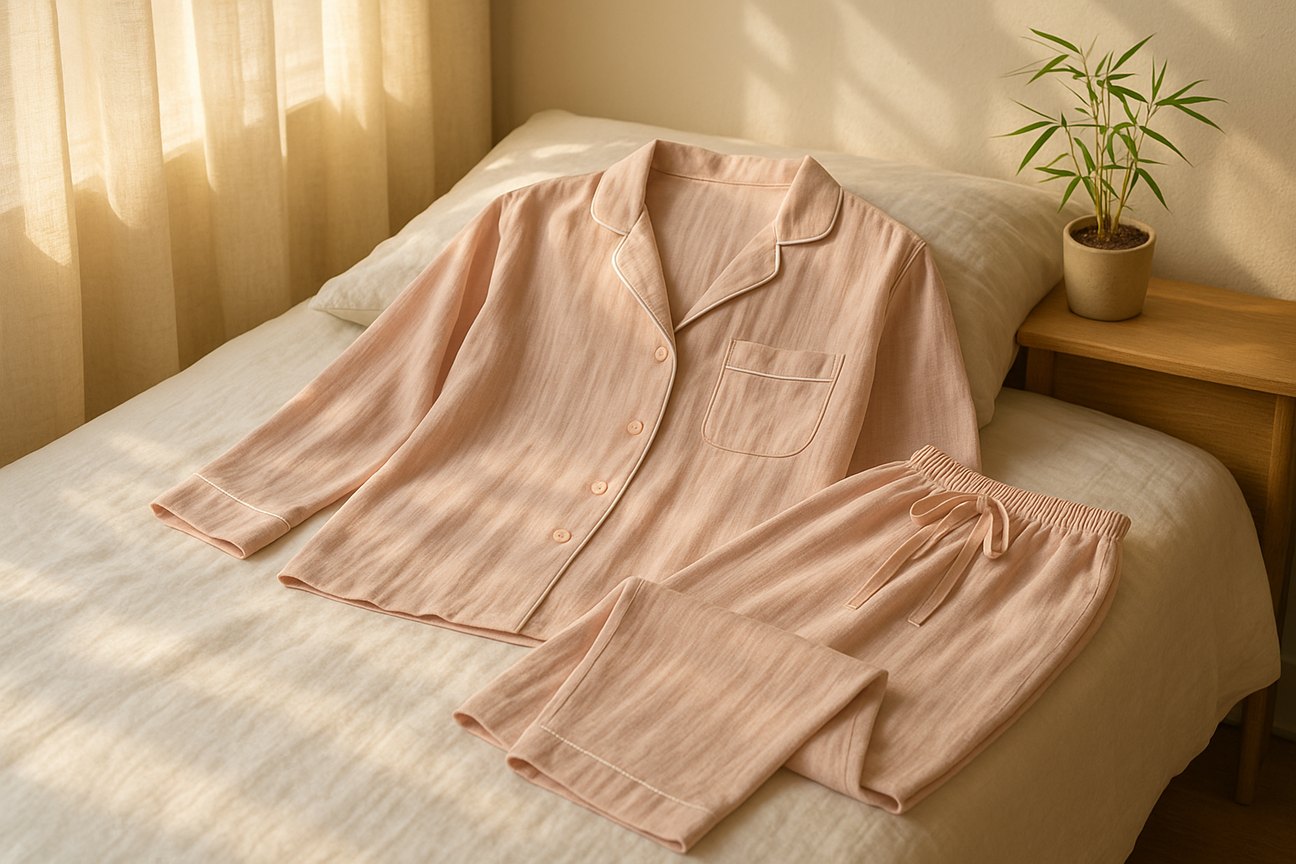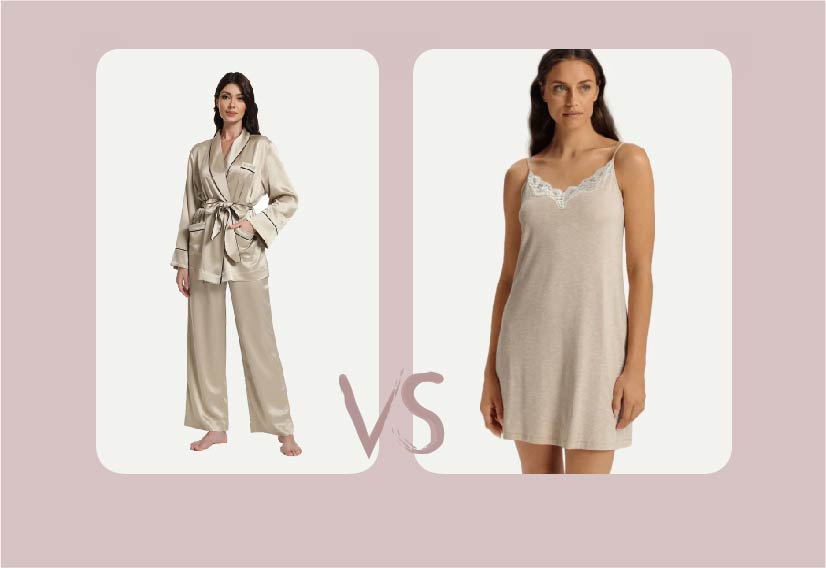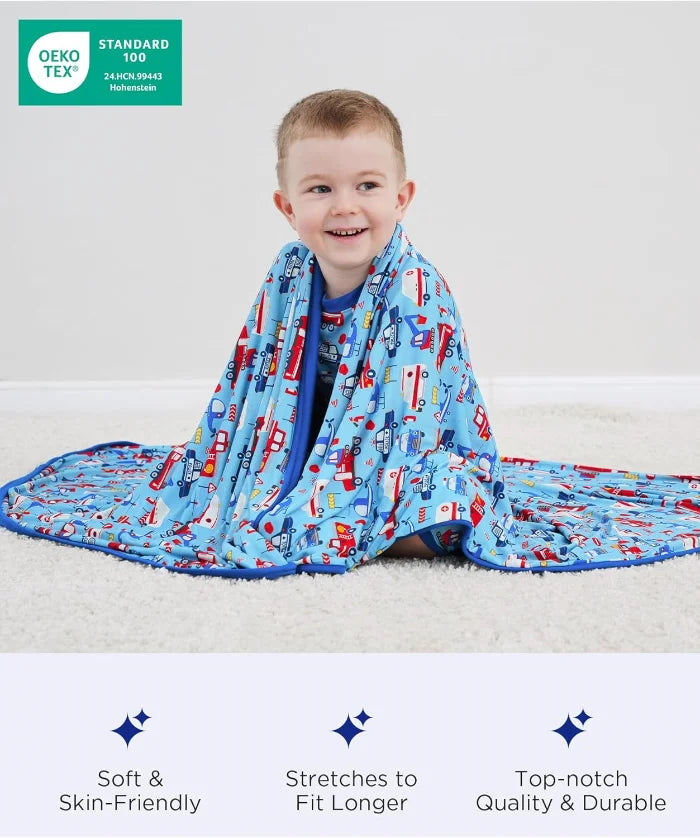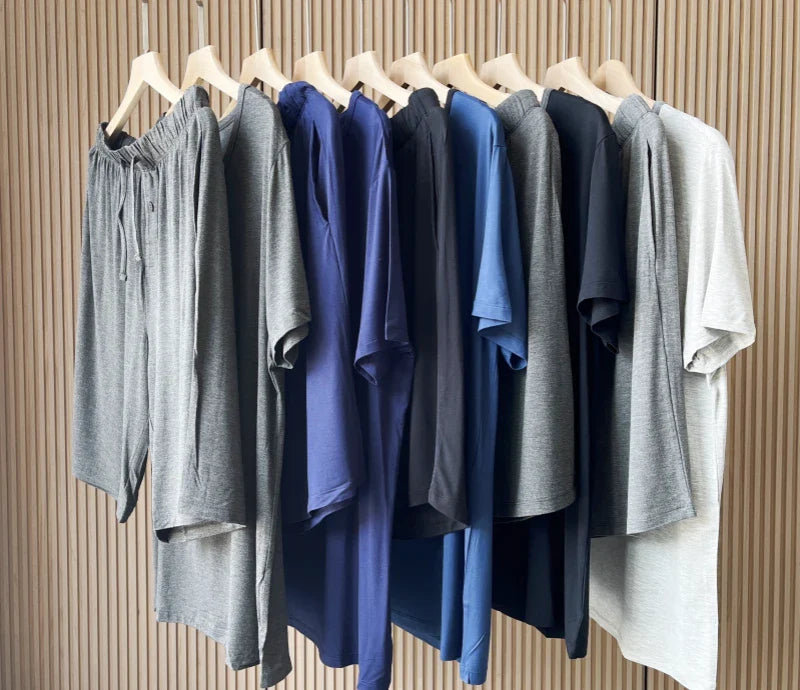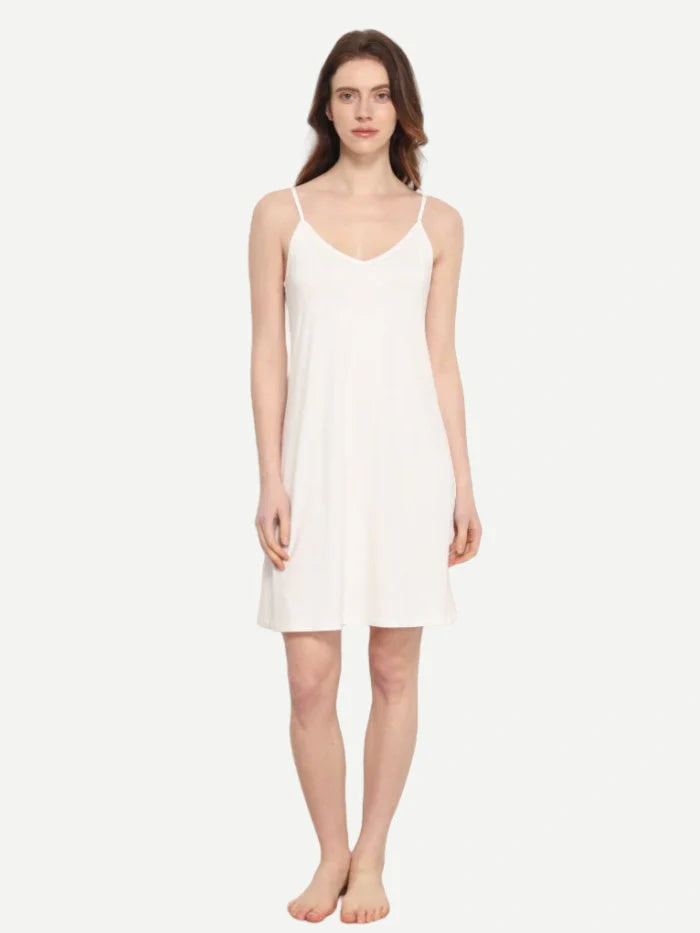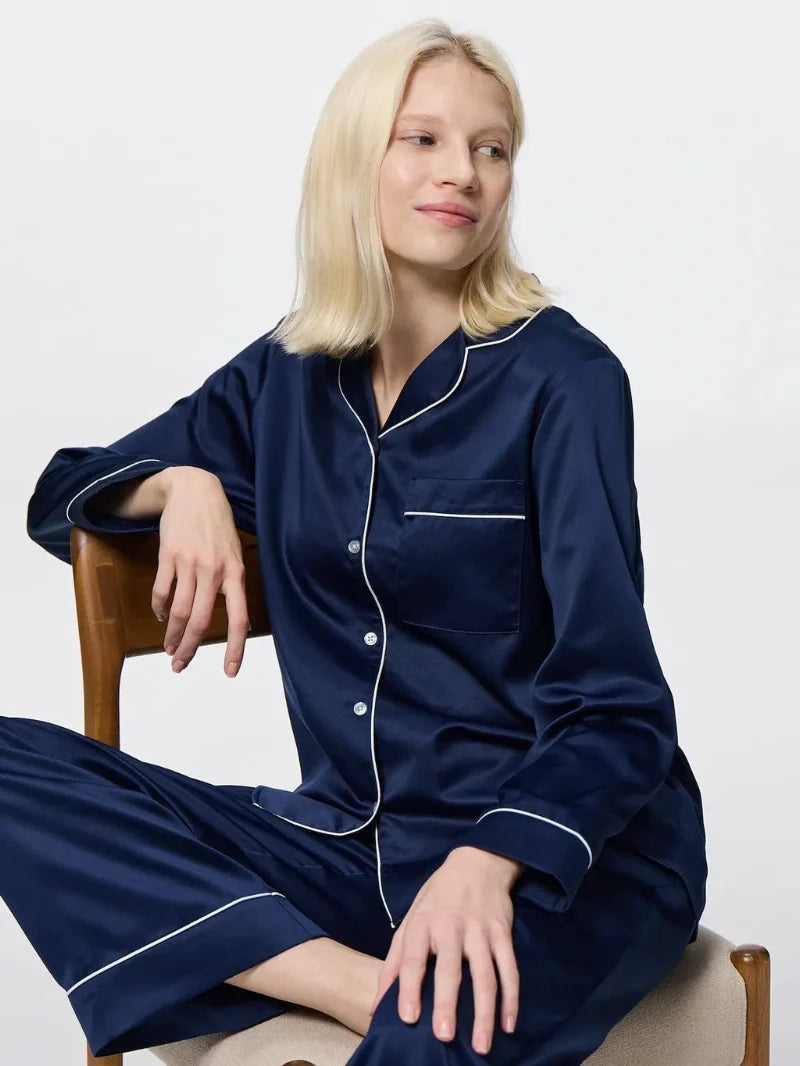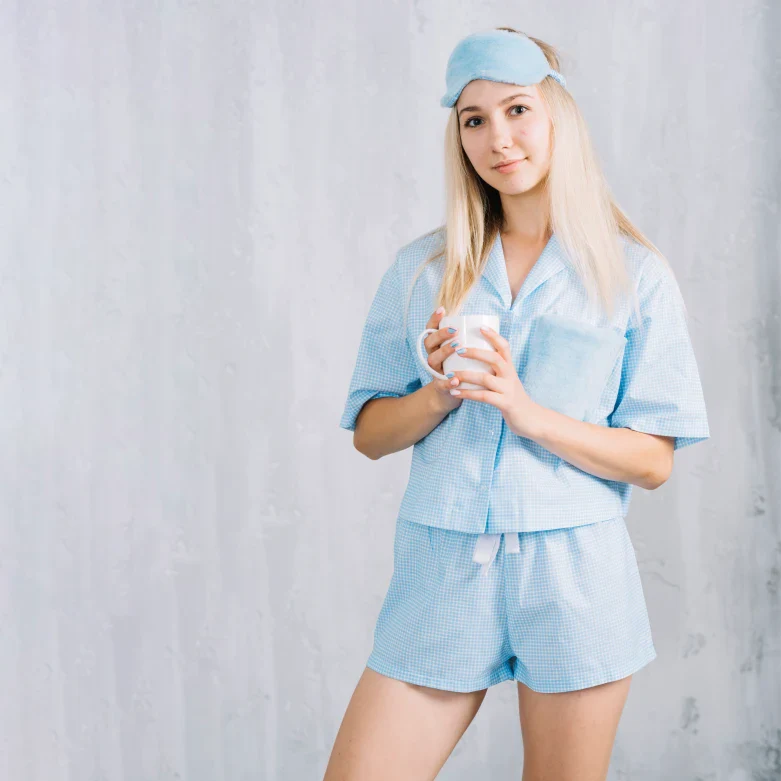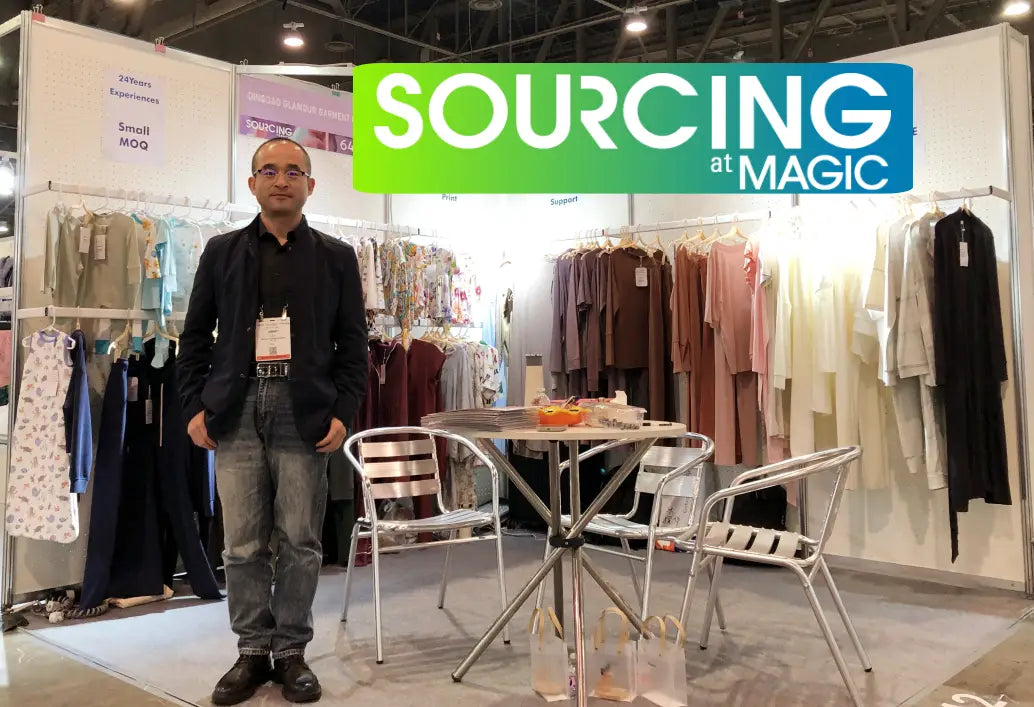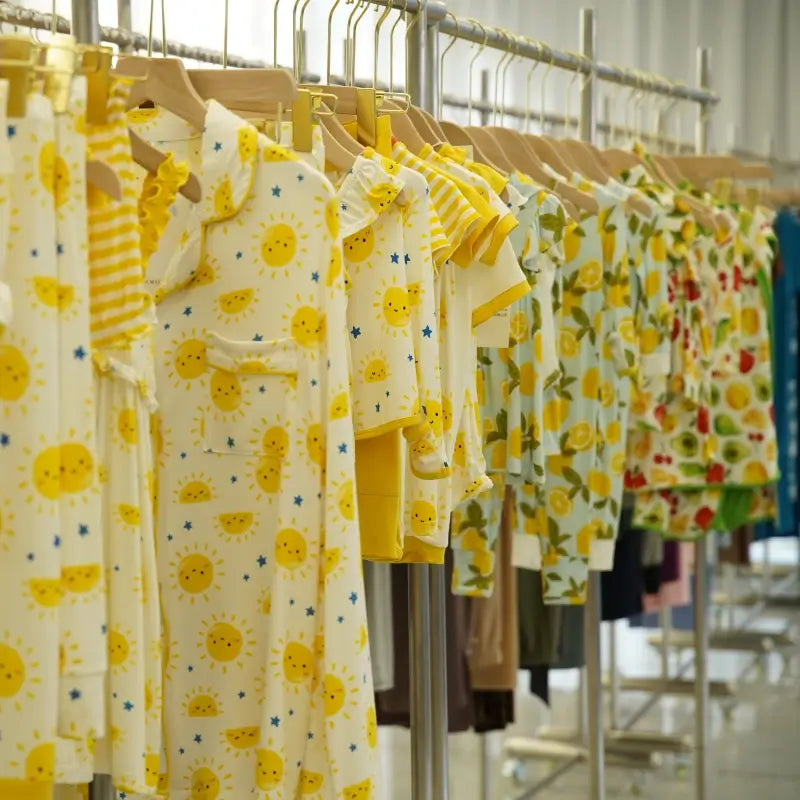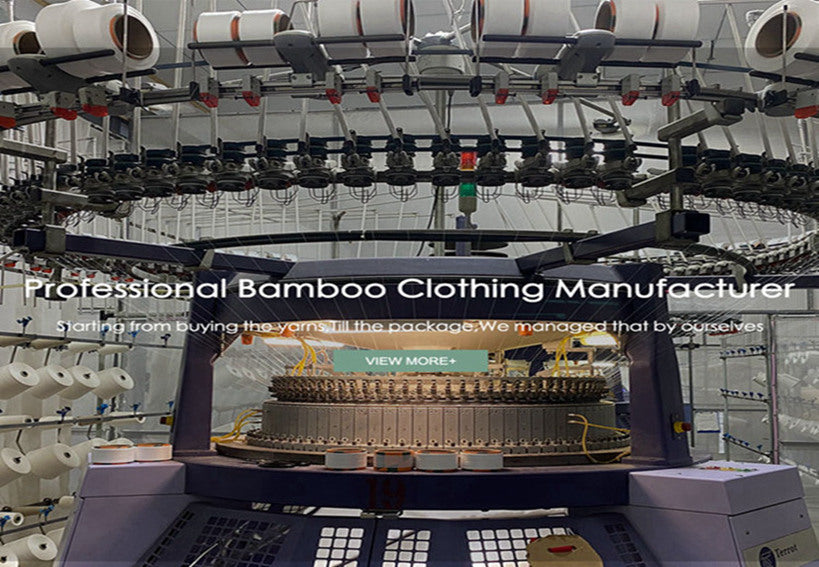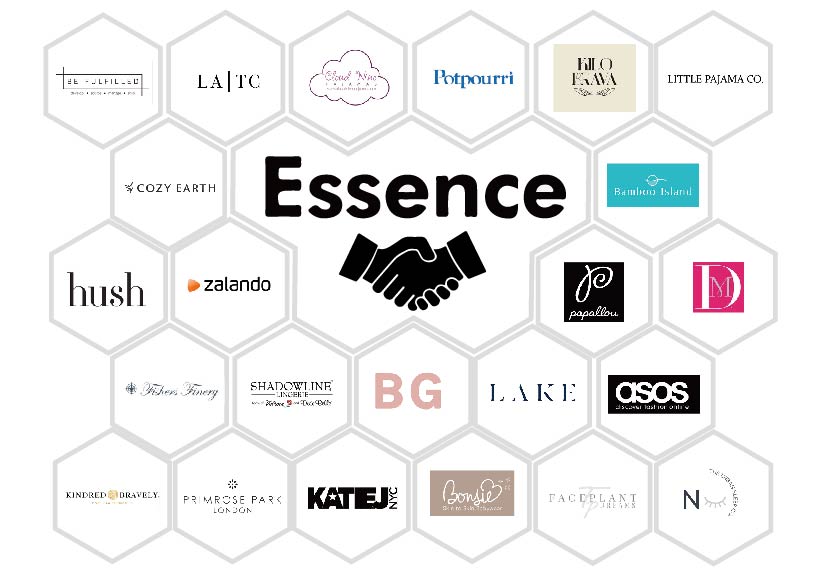In the global sleepwear market, discerning the nuanced differences between satin pajamas and silk pajamas is critical for wholesalers, retailers, and bulk buyers aiming to cater to diverse consumer preferences. As a pajamas manufacturer or a bulk pajama purchaser, understanding these distinctions ensures informed sourcing decisions, particularly when collaborating with a China pajama supplier renowned for cost-effective production. Then whats the differences between satin and silk pajamas?It across material composition, comfort, durability, pricing, and market positioning while emphasizing their relevance to wholesale pajamas procurement strategies.
1. Material Composition: Synthetic vs. Natural Fibers
The fundamental distinction between satin and silk pajamas lies in their raw materials. Silk pajamas are crafted from natural protein fibers produced by silkworms, a process refined over millennia. This organic origin grants silk its hypoallergenic properties and breathability, making it ideal for sensitive skin. Conversely, satin pajamas are not defined by fiber content but by a specific weaving technique. Most satin sleepwear utilizes synthetic materials like polyester or nylon, which mimic silk’s glossy appearance at a fraction of the cost. For wholesalers prioritizing affordability, satin offers a viable alternative, though it lacks silk’s natural benefits.
Key Takeaway for Bulk Buyers: When partnering with a China pajama supplier, clarify whether "satin" refers to the weave or material. Polyester satin dominates bulk pajama orders due to its low production costs, while genuine silk remains a premium niche product.
2. Comfort and Thermal Regulation
Comfort is paramount in sleepwear, and here, silk outshines satin. Silk’s natural temperature-regulating properties keep wearers cool in summer and warm in winter, owing to its moisture-wicking capabilities and breathable structure. This makes silk pajamas a favorite in luxury markets. Satin, however, often traps heat due to its synthetic fibers, leading to discomfort in humid climates. While high-quality satin blends may incorporate breathable cotton, they rarely match silk’s innate adaptability.
Implications for Wholesale Pajamas: Bulk buyers targeting tropical regions should prioritize silk or blended satin-cotton options. For cost-conscious markets, polyester satin suffices but may require marketing as a "luxury-look" product rather than a functional investment.
3. Durability and Maintenance
Durability is a critical factor for pajamas manufacturers and bulk purchasers. Silk, despite its delicacy, boasts surprising longevity if cared for properly—handwashing in cold water and air-drying are essential. However, its susceptibility to UV damage and abrasion limits its practicality for everyday use. Satin pajamas, particularly those made from polyester, are far more resilient. They withstand machine washing, resist wrinkles, and retain their sheen after repeated use, making them a pragmatic choice for high-turnover markets like hotels or budget retailers.
Procurement Strategy: A China pajama supplier specializing in bulk pajama orders often recommends satin for its low maintenance and durability. Silk remains preferable for boutique brands emphasizing sustainability and premium quality.
4. Cost and Profit Margins
Price differentials between satin and silk are stark. Silk production is labor-intensive, requiring sericulture (silk farming), reeling, and careful dyeing processes. As a result, wholesale silk pajamas can cost 3–5 times more than satin equivalents. Satin’s synthetic materials and mechanized production enable China-based suppliers to offer competitive pricing, especially for bulk orders exceeding 1,000 units. For wholesalers, satin pajamas deliver higher profit margins in mass markets, whereas silk caters to affluent demographics willing to pay a premium.
Case Study: A mid-tier U.S. retailer sourcing from a China pajama supplier reported 40% higher margins on satin sleepwear compared to silk, despite lower per-unit pricing, due to higher sales volume.
5. Market Positioning and Consumer Perception
Silk pajamas are synonymous with opulence, often marketed as heirloom pieces or gifts for special occasions. Brands leveraging silk emphasize terms like "organic," "biodegradable," and "luxury" to justify premium pricing. Satin, meanwhile, occupies a broader market spectrum. While budget satin pajamas dominate discount retailers, premium satin blends (e.g., silk-satin hybrids) are gaining traction in mid-range markets. Effective labeling—such as "silk-like satin"—can bridge the perception gap for cost-sensitive consumers.
Wholesale Strategy: Collaborate with a pajamas manufacturer capable of producing gradient collections—polyester satin for economy lines, silk-satin blends for mid-tier, and pure silk for luxury segments.
6. Sustainability Considerations
With eco-consciousness reshaping consumer behavior, silk’s biodegradability and natural origins align with sustainable fashion trends. However, ethical concerns around sericulture (e.g., silkworm euthanasia) have spurred demand for "peace silk" or ahimsa silk, which allows moths to emerge before harvesting. Satin’s synthetic fibers, derived from petroleum, pose environmental challenges due to microplastic shedding and non-biodegradability. Forward-thinking China pajama suppliers are now offering recycled polyester satin to mitigate ecological impacts.
Bulk Buyer Tip: Inquire about a supplier’s eco-certifications when ordering wholesale pajamas. Recycled satin and ethically sourced silk can enhance brand appeal among sustainability-focused retailers.
Conclusion: Strategic Sourcing for Wholesale Success
For wholesalers and pajamas manufacturers, the choice between satin and silk hinges on target demographics, budget constraints, and market trends. Satin pajamas, with their affordability and durability, are ideal for bulk pajama orders aimed at mainstream retailers or hospitality industries. Silk remains the gold standard for luxury markets, though its niche appeal limits scalability. By partnering with a versatile China pajama supplier, bulk buyers can diversify their portfolios, offering both materials to capture varying consumer segments.
Ultimately, transparency in labeling—clearly distinguishing synthetic satin from natural silk—builds consumer trust and fosters long-term brand loyalty. Whether prioritizing cost-efficiency or luxury, understanding these material nuances empowers wholesalers to make data-driven decisions in a competitive global market.


